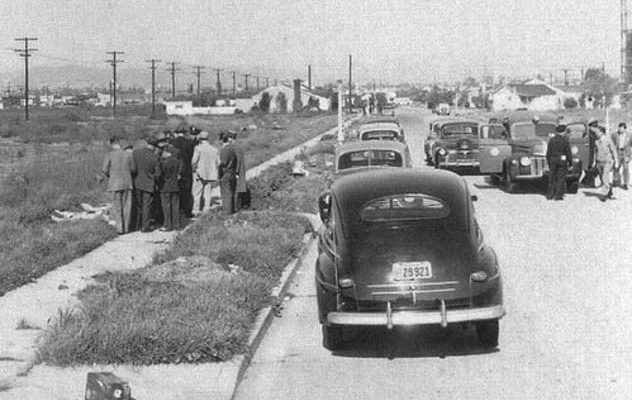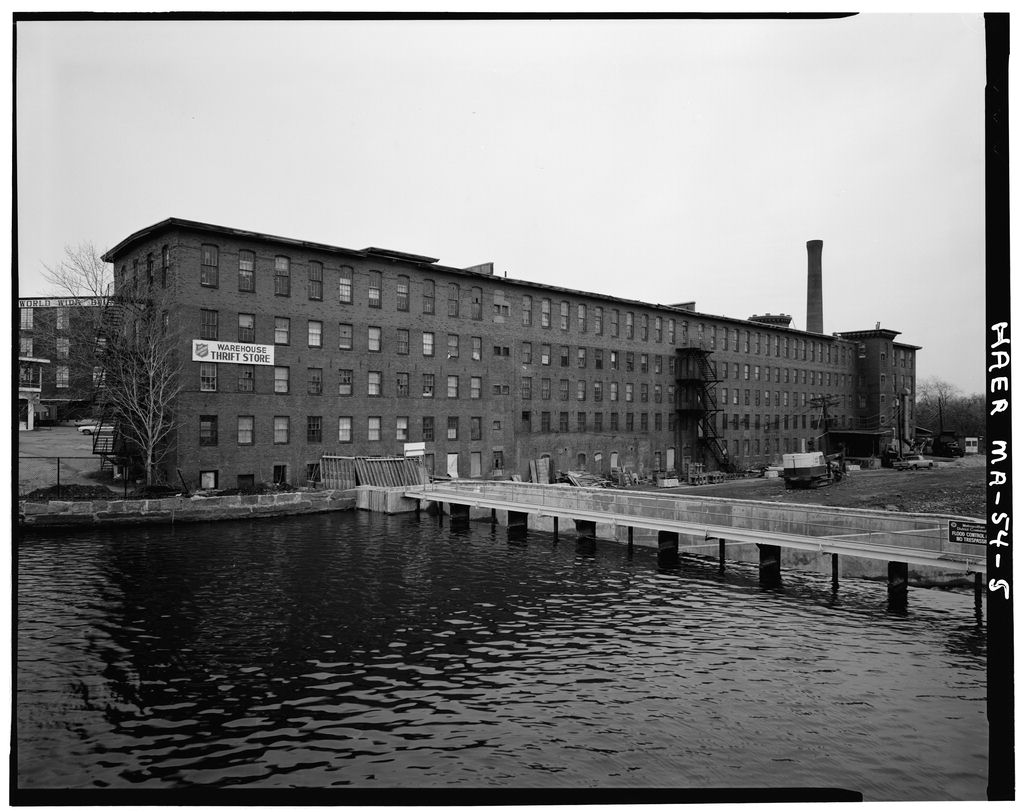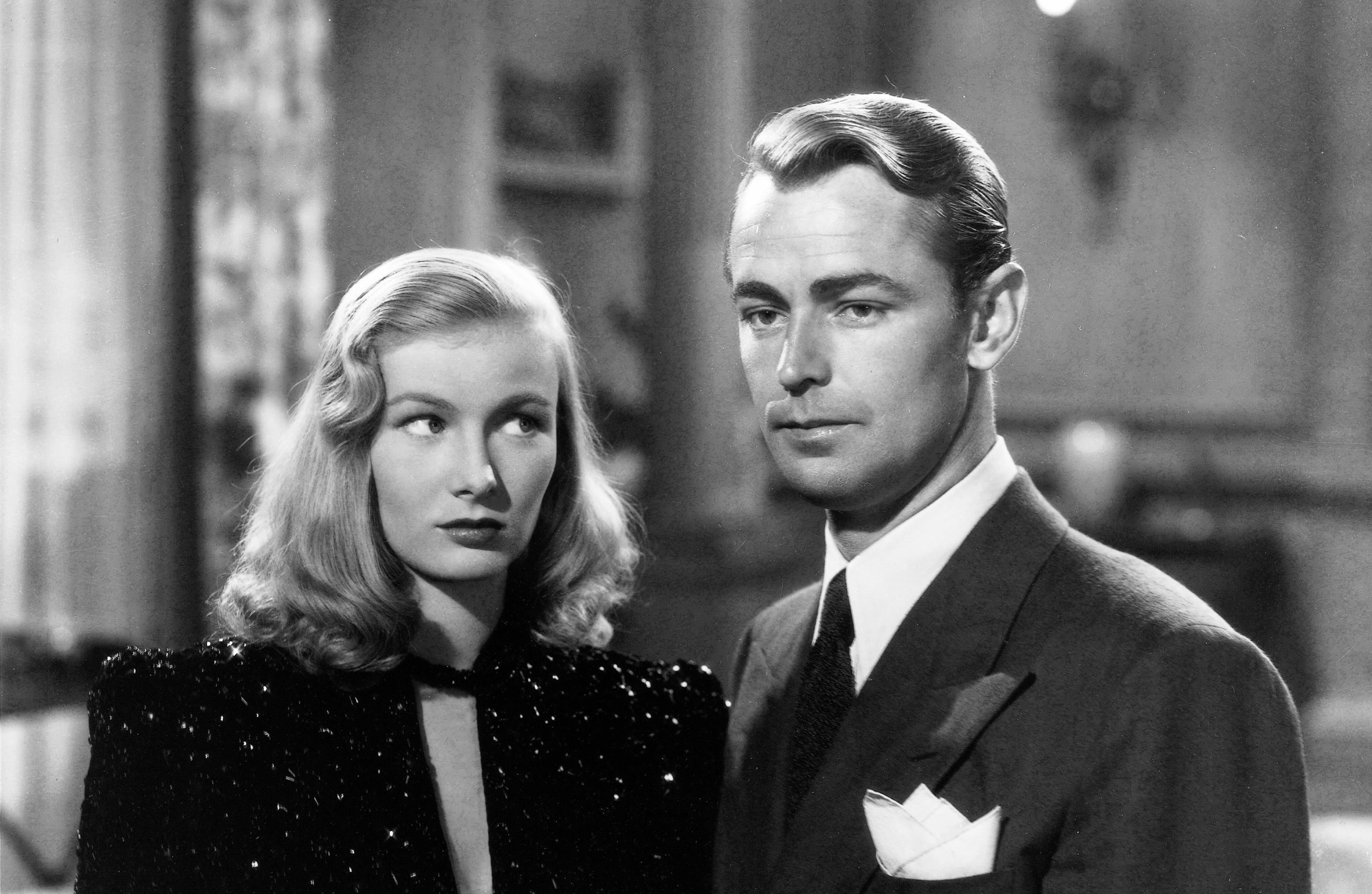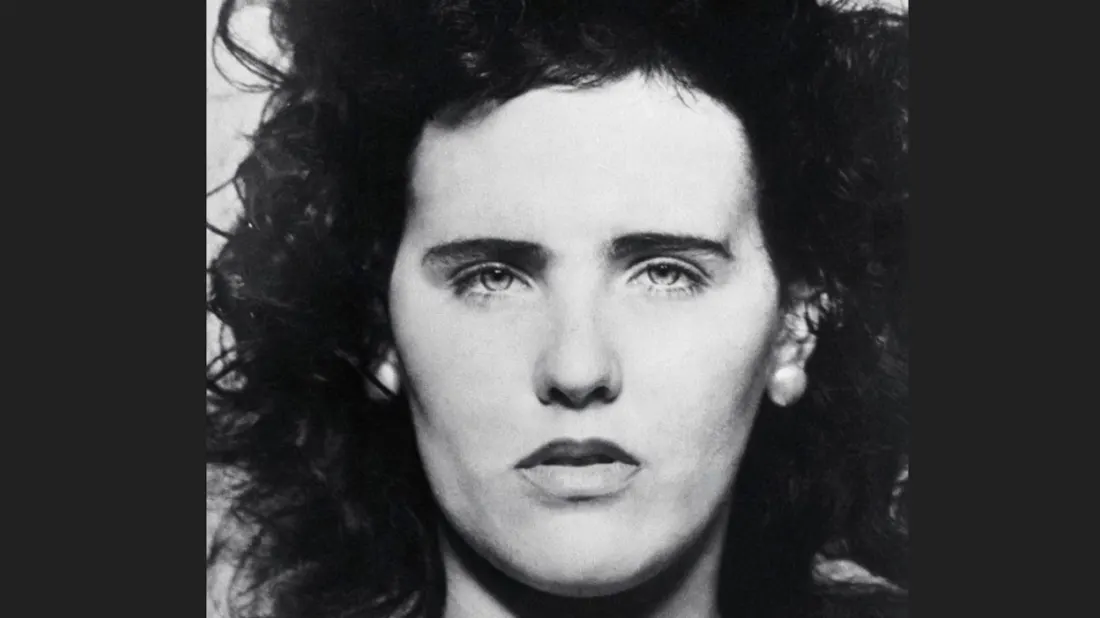Elizabeth Short (July 29, 1924 – January 15, 1947), known posthumously as the “Black Dahlia“, was an American woman who was found murdered in Los Angeles, California. Her case became highly publicized due to the graphic nature of the crime, which included her corpse having been mutilated and bisected at the waist.

Early life
Elizabeth Short was born on July 29, 1924 in Hyde Park, Massachusetts. Shortly after she was born, her parents moved the family to Medford, Massachusetts. Cleo Short, Elizabeth’s father, was making a living designing and building miniature golf courses. When the Great Depression hit in 1929, he abandoned his wife, Phoebe Short, and his five daughters. Cleo proceeded to fake his suicide, leaving his empty car near a bridge leading authorities to believe he had jumped into the river below.

Phoebe was left to deal with the hard times of the Depression and had to raise the five girls on her own. To support her family, Phoebe worked multiple jobs, but most of the Short family’s money came from public assistance. One day Phoebe received a letter from Cleo, who had moved to California. He apologized and told Phoebe that he wanted to come home to her; however, she refused to see him again.
"Her hair was very dark, black. She liked to be admired… No one had bad thoughts about her. I just liked her… Once you saw Bette Short, you couldn’t forget her."
Elizabeth was always told that she looked older and acted more mature than she really was. Although Elizabeth had asthma and lung problems, her friends still considered her to be very lively. Elizabeth was fixated on movies, which were the Short family’s main source of affordable entertainment. The theater allowed her an escape from the dreariness of ordinary life.
Elizabeth, known as “Betty,” “Bette,” or “Beth,” grew up to be a pretty girl. “Her hair was very dark, black. She liked to be admired… No one had bad thoughts about her. I just liked her… Once you saw Bette Short, you couldn’t forget her.”– Emma Pacios, Medford neighbour and friend.
‘The Black Dahlia’ name
Enlarge

According to newspaper reports shortly after the murder, Short received the nickname “Black Dahlia” from staff and patrons at a Long Beach drugstore in mid-1946 as wordplay on the film The Blue Dahlia (1946). Other popularly-circulated rumors claim that the media crafted the name due to Short’s adorning her hair with dahlias. According to the FBI official website, she received the first part of the nickname from the press “for her rumored penchant for sheer black clothes”.
However, reports by DA investigators state that the nickname was invented by newspaper reporters covering her murder; Herald-Express reporter Bevo Means, who interviewed Short’s acquaintances at the drugstore, has been credited with first using the “Black Dahlia” name, though reporters Aggie Underwood and Jack Smith have been alternatively named as its creators. While some sources claim that Short was referred to or went by the name during her life, others dispute this. Both John Gilmore and Larry Harnisch (Historians) agree that the name originated during Short’s lifetime and was not a creation of the press: Harnisch states that it was in fact a nickname she earned from the staff of the Long Beach drugstore she frequented; in Severed, Gilmore names an A.L. Landers as the proprietor of the drugstore, though he does not provide the store’s name. Prior to the circulation of the “Black Dahlia” name, Short’s killing had been dubbed the “Werewolf Murder” by the Herald-Express due to the brutal nature of the crime
